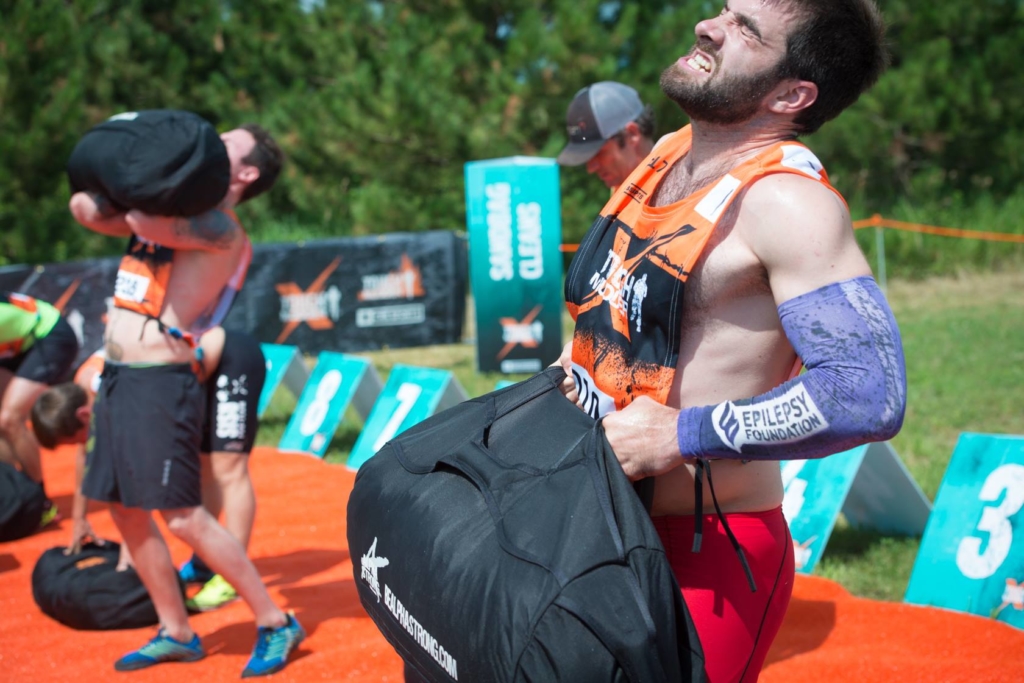
The obstacle racing community has been talking a lot about overtraining recently, but most have focused on not hitting the road hard every day and making sure to take a rest day. There’s one key factor that contributes to overtraining that isn’t talked about as much: life outside of training. As compared to my other usual articles based on math and science, this one will get a little personal.
Overtraining occurs when your body is under constant stress so that your body doesn’t fully recover from workouts. Instead of getting stronger and faster, you get slower, are much more prone to injury, you crave unhealthy comfort foods, and can have trouble with depression. No amount of beating yourself up or having others guilt you will help. The only way to get out of that cycle is to step back, take time off, and find your passion again.
We can be obsessive compulsives about our training regimen, but there’s something that’s hard to control: life.
Recently I finished medical school, moved to a new town for my medical internship, and had a newborn baby boy named Theo. During my unofficial paternity leave, I took time off to spend time with Theo and make sure my wife got to sleep. Without the stress of school and work, my training was going great. As we reached the end of that time and the stress of moving and starting a new time-intensive job came, I stopped being able to hit the assigned paces on my speed work even though I used to beat them by 10-15 seconds per mile. It wasn’t the heat (I moved to Palm Desert) because I was able to wake up for 5:30am runs to beat the heat.
It was overtraining.
It just kept getting harder to get up in the morning. I craved pints of ice cream that I could finish in one sitting. I took some more rest days, stepped back my long runs with the excuse that I was a tapering for Canada’s Toughest Mudder. However, I didn’t address the underlying issue: I couldn’t handle the stress of being a new dad, an intern and train like I used to. I can’t change the stress of fatherhood or internship, so I had to change my training.
So I did. I embraced the challenge of Tough Mudder X: I took up CrossFit. My coach, Dennis Welch, and I had always intended me to focus on speed between Canada’s Toughest Mudder in September, so I’m taking time off from beautiful but lonely miles in the mountains. Instead, I’m a staple at the 5am group class where I enjoy the social aspect of fitness. I’m also working on my weaknesses: heavy lifting and high-level gymnastics. I learn something new almost every day! Consequentially, I’m happy, healthy, injury free and still improving myself as an athlete.
Don’t worry. Come September, we’re switching back to endurance in preparation for World’s Toughest Mudder. We will see how a few months of strength training will change my 24-hour performance; it might help me turn 90 miles into 100.